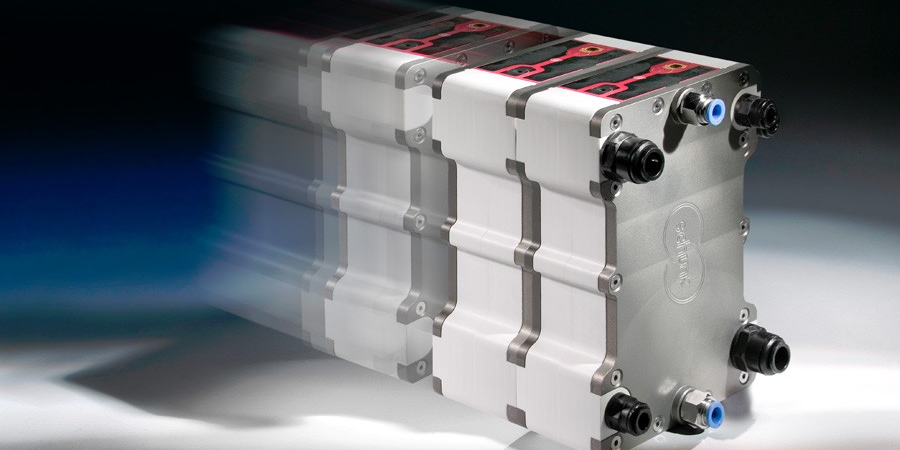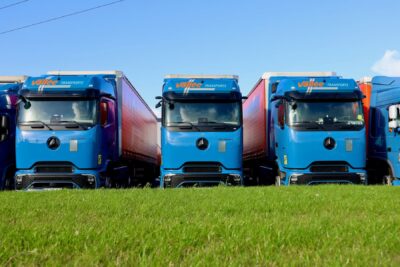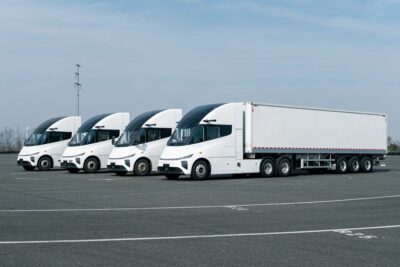EDF founds hydrogen subsidiary Hynamics
The French energy supplier Électricité de France (EDF) is pushing ahead with its hydrogen efforts. At the Hanover Fair, the Paris-based company announced the establishment of a new subsidiary called Hynamics. Its aim is to make EDF a major player in the global H2 sector.
In future, the new subsidiary will be responsible for developing a broad range of hydrogen solutions for industrial and mobility customers. Investments will be made in hydrogen production plants and infrastructure solutions, for example to make hydrogen more readily available at filling stations for commercial vehicle fleets. It was not until mid-2018 that EDF acquired a stake in the French company McPhy Energy, thus becoming the main shareholder of the specialist for H2 energy storage solutions.
Internally, a project team that emerged from EDF’s startup incubator initiative “EDF Pulse Expansion” has been working on an H2 strategy for the energy giant for some time. According to EDF, by the end of March these specialists had identified around 40 target projects in France and other European countries such as Belgium, Germany and Great Britain. The founding of the new subsidiary now underlines the Group’s ambitions to become active on a large scale, especially in the field of carbon-free hydrogen production, according to an accompanying press release.
In this press release, EDF also cites a McKinsey study according to which hydrogen consumption in 2050 will account for just under one fifth (18 percent) of global energy demand. While 95 percent is currently produced from fossil fuels, Hynamics plans to generate hydrogen through water electrolysis, which would reduce CO2 emissions to zero. The prerequisite for this is that the electricity used for production also comes from renewable sources. “The production of hydrogen without CO₂ emissions is a key factor in the ecological transition,” stresses Cédric Lewandowski, Managing Director at EDF and responsible for innovation issues. EDF is one of the largest electricity producers in the world and has so far relied to a large extent on nuclear power.
Meanwhile, the French’ ambitions are not limited to the H2 sector alone. In autumn, the group announced its intention to operate a total of 75,000 charging stations in Europe by 2022 and confidently stated that by then it would aim for a market share of 30 percent in the core markets of France, Belgium, Italy and Great Britain.





0 Comments